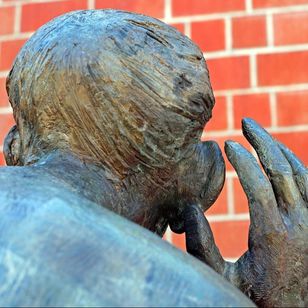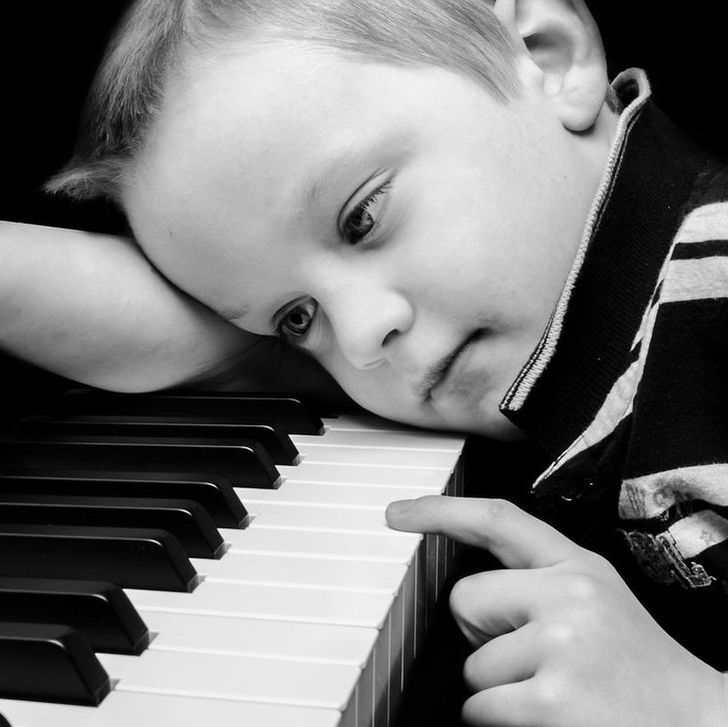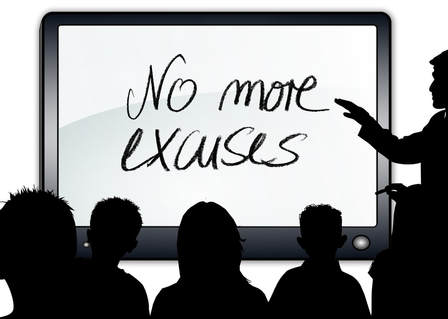|
Well, after a big move across six states and the obligatory Comcast nightmare, I'm back to blogging. One of the fun things about moving is that you get to meet people and learn about them. After I've met someone we often end up talking about what I do as a singing teacher and their own vocal history. Almost everyone seems to have some interest in singing, whether they wish they could sing better themselves or just enjoy listing to a certain type of singer.
As I've been talking to people over the past few weeks I've thought a lot about some of the common misunderstandings surrounding singing. It's not the first time I've encountered these incorrect ideas, but this time around I've really mulled them over. I met one lady who began to explain some of her vocal difficulties (mostly allergies) to me. When I asked a few probing questions, she immediately said "No, really, it can't be fixed." And that was that. It struck me as a bit odd; not the women herself, but the interchange in general. Maybe I should leave the probing questions for lessons, but would you start to explain some medical problem to doctor you just met and then tell THEM that it was incurable? Another girl said to me "If I could choose any talent to magically have, I'd choose singing. I feel like almost anything else you can learn to do, but singing is just gift you're born with--or not." Both of these ladies have fundamental misunderstandings of how singing works. Anyway, these exchanges--and others like them--have inspired today's post. Here are 6 Myths (and a bonus Truth) about singing.
Sure, not everyone is going to be able to play basketball as well as LeBron James, right? But everyone can learn to play basketball better than they do now. I can personally attest to this as my husband loves basketball and has taught me quite a few things to improve "my game." I still can't shoot from the 3 point line (I'm pretty weak), but I probably could if I were willing to invest in the strength training needed. I'm just . . . not willing. It's not one of my priorities in life, and that's fine. If you don't have the time, drive or desire to be a better singer that's your choice, but know that you could improve. Very few physiological issues are actually going to prevent you from singing.
Beyond this, some people think that if they don't have a good ear they'll never be able to sing. But hearing and singing melodies can often be trained. I've worked with a dozen people who have claimed to be "tone deaf." Some had a harder time than others, but every single one of them improved enormously after investing the time and energy necessary to develop that skill.
However, most often I find that people's sensory systems rather than the vocal mechanism itself are compromised by allergies or colds. This means that it feels or sounds weird to sing, but not that they'd be unable to sing, especially if guided by an experienced teacher. In fact, sometimes singing with a cold can be a blessing--as long as you're hydrated. It often forces you to sing more correctly and not to rely on faulty monitoring systems.
And while honey may ease a sore throat encouraging you to sing with tension, it won't do anything for dried out vocal chords per se. For that, you need to monitor your fluid intake. That said, drinking something soothing can ease tension which in turn can be helpful when singing. And on a related note, food may interfere with singing if you have a legitimate, serious food allergy. This should be temporary though, and hopefully easy to avoid.
Singing is a lot about proper body awareness; in this way it's very much like yoga. I think that's one of the reasons I love yoga. I tried to learn yoga from youtube videos at first, which was fine, but I certainly didn't nail down proper technique until I attended yoga classes with a teacher who could correct me personally rather than just trying to mimic what I saw on a screen.
And after all of those myths, here's a Truth: The best thing you can do to improve your singing is to get over yourself. Time and again, the most common issue I run into with students is a hesitancy to try new things or to go "all the way" with some instruction I've given because they're afraid of the sound that will come out of their mouths. These inhibitions can completely undermine vocal development. Be willing to try new things and experiment. Self-consciousness makes people declare that they "can't" sing. It's easier to believe that you can't sing "period" than that you can't sing now but that you could sing if you really wanted to put the time and effort into it. It's okay if you don't want to learn to sing--we all have to choose where to put our focus and energy. And though I really believe singing is something that can benefit both the body and the mind in every individual, you have to choose where your time and attention will go. But know that you CAN sing. You really can.
0 Comments
Your comment will be posted after it is approved.
Leave a Reply. |
AuthorSinger, writer, mother, yogi, wife and chocolate enthusiast. Archives
January 2022
Categories |








 RSS Feed
RSS Feed